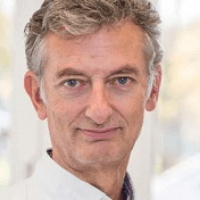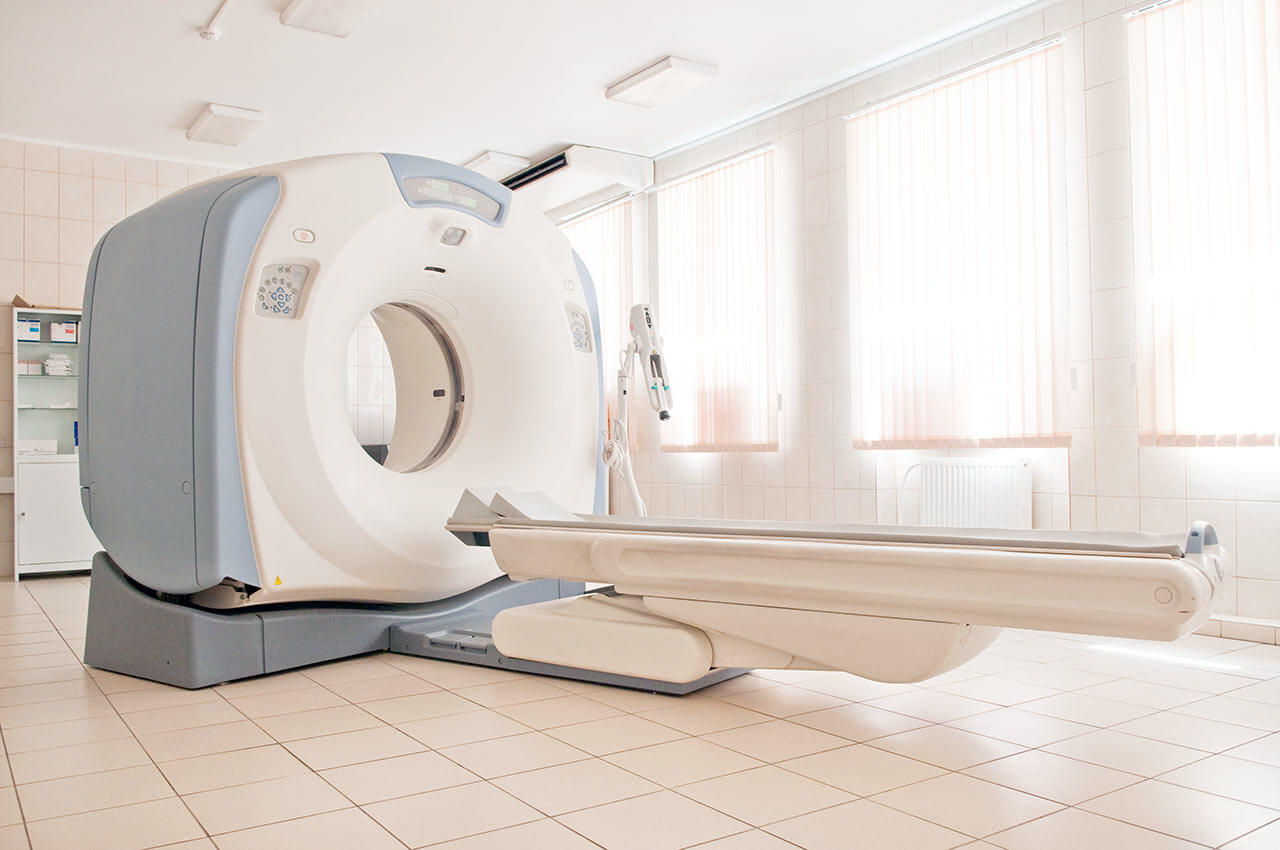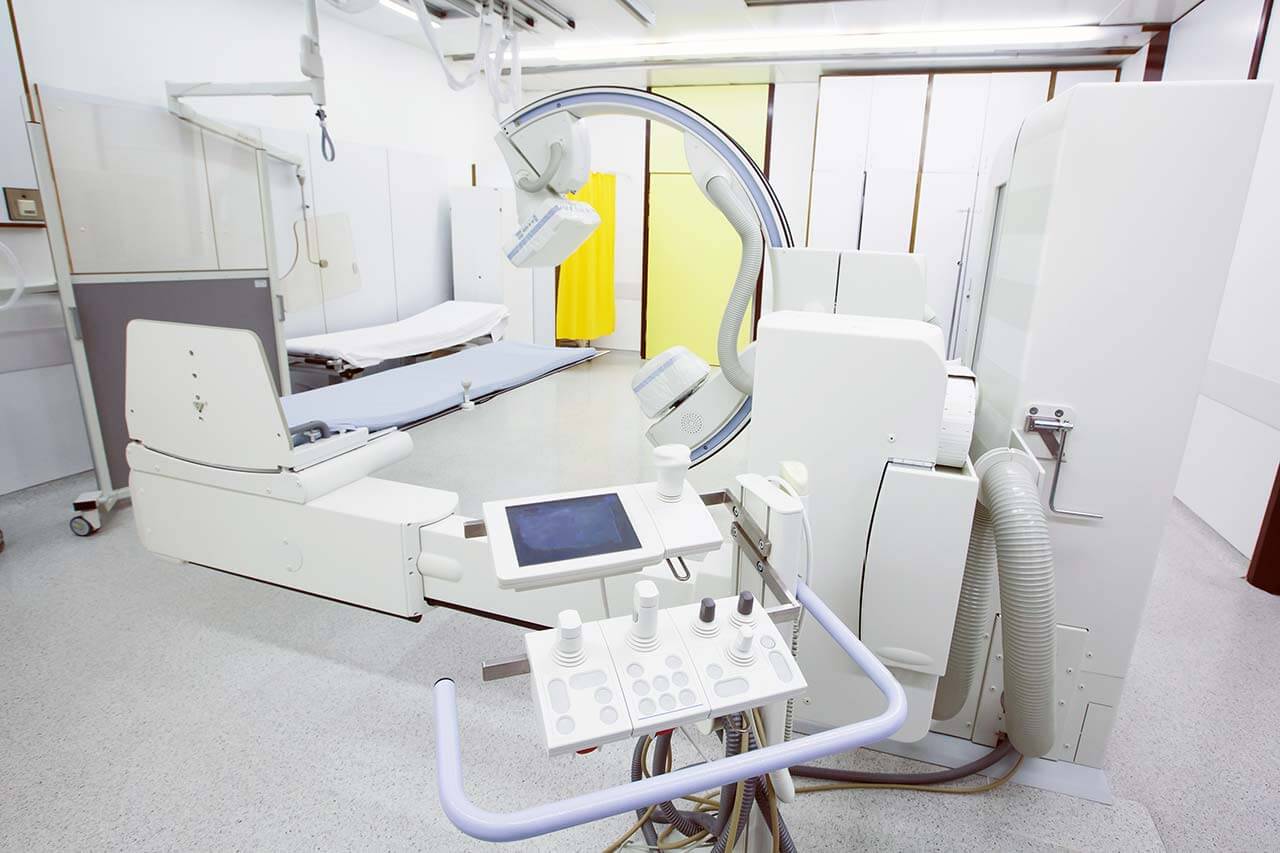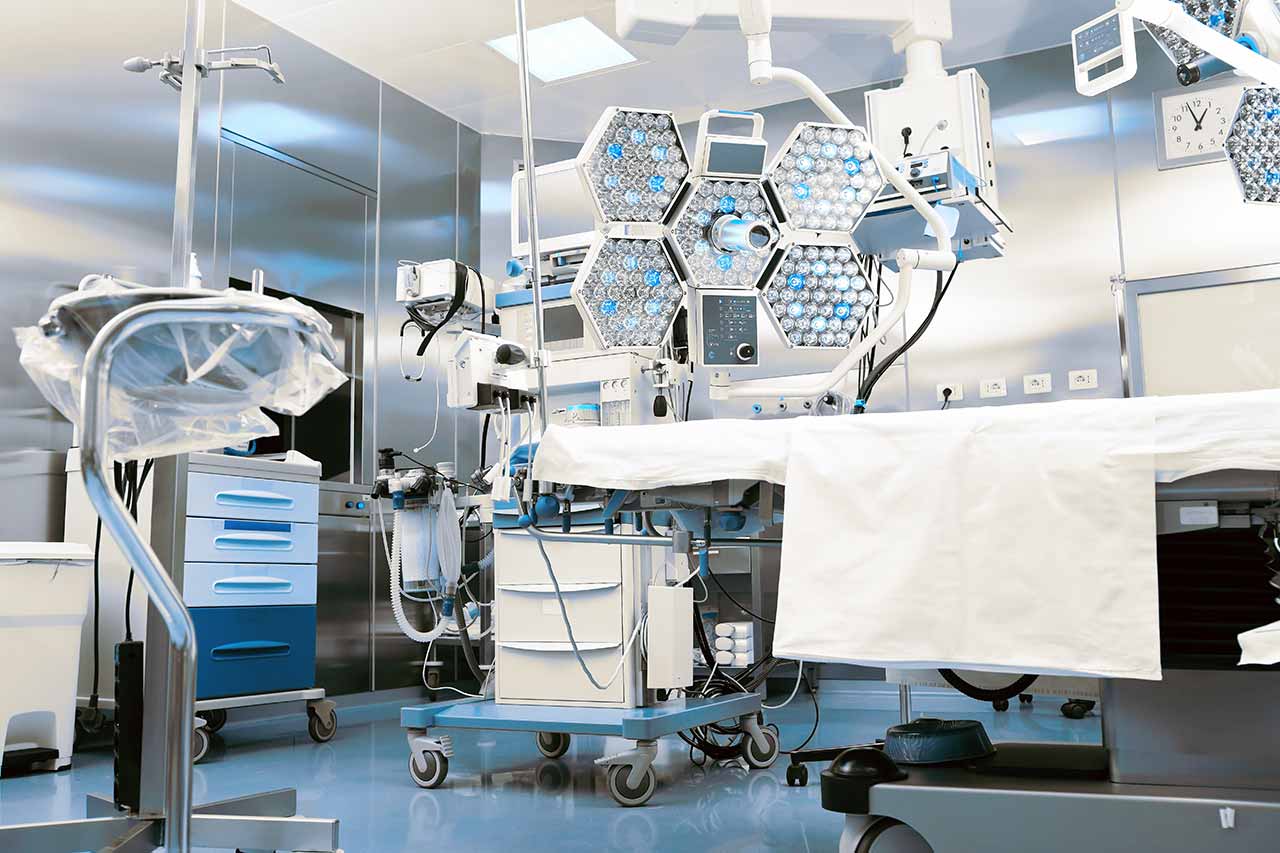
The program includes:
- Initial presentation at the clinic
- clinical history taking
- review of medical records
- general clinical examination
- extensive laboratory tests:
- complete blood count
- biochemical blood test
- inflammation markers (CRP, ESR)
- blood coagulation analysis (aPTT, PT, INR)
- tuberculin skin test
- X-ray examination of the chest
- electrocardiogram (ECG)
- pulmonary function test (spirography)
- sputum samples collection,
bacteriological and microbiological examination - bronchial lavage (if indicated clinically)
- high-resolution computed tomography (HR-CT)
(if indicated clinically, additional cost is 1200€) - nursing services
- consultation of related specialists
- treatment by chief physician and all leading experts
- explanation of individual treatment plan
(the cost of medicines is not included)
Required documents
- Medical records
- Chest X-ray, MRI/CT scan (if available)
Service
You may also book:
 BookingHealth Price from:
BookingHealth Price from:
About the department
The Department of Infectology at the University Hospital Freiburg offers outpatient and inpatient treatment of all infectious diseases. The department specializes in the treatment of pathologies, such as tuberculosis, AIDS and HIV-related diseases, malaria and other tropical diseases, osteomyelitis, endocarditis, meningitis, etc. The department also offers counseling to patients from other clinics. The department is an Expert Center for Clinical Infectology certified by the German Society of Infectology (DGI). The Chief Physician of the department is Prof. Dr. med. Winfried Kern.
Along with the general infectious outpatient clinic, the department has a number of specialized ambulatories, which provide care to patients with HIV infection and concomitant diseases, mycobacterial infections, asplenia, invasive staphylococcal infections, diseases caused by multiresistant pathogens, echinococcosis, etc. The department’s patients receive medical care from an experienced team of 10 highly specialized doctors and 25 paramedical staff.
In addition, the department is a Center for Treatment and Prevention of Tropical Diseases and Travel Medicine. As part of the consultation, the patients of the department can obtain comprehensive information on health risks of overseas travel and the necessary preventive measures, as well as vaccinations.
The service range of the department includes the following options:
- Diagnostics and treatment of AIDS or HIV-related diseases
- Treatment of methicillin-resistant Enterococcus, Staphylococcus, Echinococcus, asplenia
- Prevention, diagnostics and treatment of tropical diseases (tropical medicine), for example, malaria
- Diagnostics and treatment of tuberculosis
- Diagnostics and treatment of osteomyelitis, endocarditis, meningitis
- Diagnostics and treatment of other infectious and tropical diseases
Curriculum vitae
Professional Experience
- 1976 - 1983 Study of Medicine at the Universities of Bordeaux, Erlangen, Heidelberg.
- 1983 - 1984 Assistant Physician, Institute of Tropical Diseases, University of Heidelberg.
- 1984 - 1987 Assistant Physician, University Hospital Ulm.
- 1987 - 1988 Internship, Providence (Brown University) and San Francisco (University of California).
- 1989 - 1993 Assistant Physician, University Hospital Ulm.
- 1994 - 2001 Senior Physician, University Hospital Ulm.
- Since 2002 University Professor and Chief Physician of the Department of Infectology at the University Hospital Freiburg.
Selected Memberships in Professional Societies and Positions
- Since 1999 Board Member of the German Society of Infectology, since 2007, First Chairman.
- Since 2002 National Representative of the European Surveillance of Antimicrobial Consumption Network (EU project).
- Since 2003 Board Member of the European Union of Medical Specialists (UEMS), Department of Infectology.
- Since 2006 Board Member of the German Society of Infectology.
- Since 2006 Board Member of the Quality Assurance Commission.
- Since 2007 German Society of Internal Medicine.
- Since 2007 Member of the Committee of the German Society of Internal Medicine.
- Since 2007 Member of the Educational Committee of the European Society of Clinical Microbiology and Infectious Diseases.
- Since 2007 Co-Publisher of the magazine "Infection".
Photo of the doctor: (с) Universitätsklinikum Freiburg
About hospital
The University Hospital Freiburg is famous for its rich history and is one of the oldest and most prestigious medical facilities in Germany (one of the three best medical institutions in the country). The hospital was based on the Faculty of Medicine of the Albert Ludwig University of Freiburg, which celebrated its 550th anniversary in 2007. It should be noted that the hospital is proud of its world-renowned specialists, many of whom during their work here have become Nobel laureates.
The medical facility represents all fields of modern medicine. It consists of 42 departments, 11 institutes and 10 interdisciplinary centers. The highly qualified doctors of the hospital deal with the treatment and rehabilitation of patients with both common and rare diseases. All departments and institutes of the hospital take an active part in fundamental researches of international scale, due to which patients have access to the very latest achievements of medicine, advanced diagnostic methods, state-of-the-art medical equipment and proven effective methods of therapy.
The hospital has a variety of medical achievements, for example, the world's first TIPS procedure, the first implantation of the Jarvik-2000 artificial heart in Europe, the first robotic-assisted surgery on the brain, and the first combined cardiopulmonary transplantation in the land of Baden-Württemberg. In 2004, the University Hospital Freiburg became the first German hospital, which performed kidney transplantation in the incompatibility of blood groups. At the moment, the hospital belongs to medical centers with the greatest experience in performing such an operation.
An interdisciplinary approach to treatment, highly qualified staff, as well as individual patient care and a pleasant environment are key to the hospital’s success.
Photo: (c) depositphotos
Accommodation in hospital
Patients rooms
The patients of the hospital are provided with comfortable rooms with a pleasant design, which create a conducive atmosphere for recovery. The standard furnishing of the patient room includes a telephone, a free radio and TV, a device for calling medical staff, lockers and a safe, an adjustable bed, a chair and a table. The pediatric departments are designed with play areas. The patient may be accommodated in a single or double enhanced-comfort room (for example, with an ensuite bathroom) at an additional cost.
Meals and Menus
The patients are offered good three meals a day with a large selection of dishes. The patients inform about their wishes to the menu in advance, and this information is transmitted to the kitchen. Throughout the day, patients may drink mineral water and tea, which can be found in the department on special tables. The bedridden patients receive drinks from the nursing staff. Other drinks may be purchased at the hospital’s cafeterias and bistro, where patients can come along with visitors.
If you do not eat some products due to intolerance or other personal reasons, please notify the nursing staff in advance, so that all your wishes to be taken into account when preparing the menu.
Further details
Standard rooms include:
Television
All patient rooms have a free radio and TV. The patients can also watch the hospital’s own 24-hour channel with a varied program and interesting information.
Accompanying person
At the availability of free beds, the accompanying person may be accommodated in the same room with the patient, at an additional cost. In addition, the hospital offers special accommodation conditions for patients requiring long-term hospitalization. Parents have at their disposal special apartments in the children's hospital.





